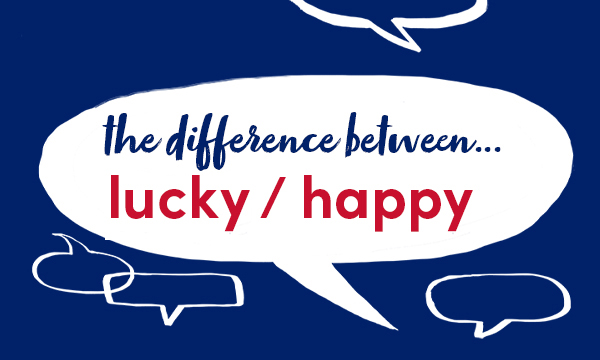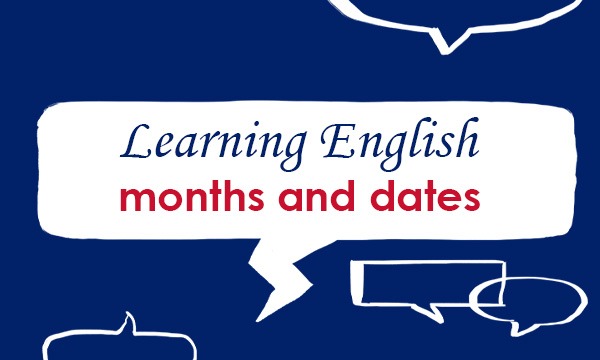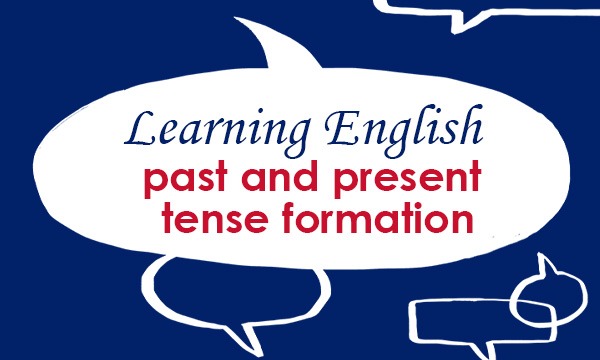This week we are looking at two words which are sometimes confused by learners of English: lucky and happy.
lucky

You say that someone is lucky when something nice happens to them, or when they always seem to have good luck.
The lucky winners were given £5000 each.
You’re a lucky girl to have so many friends.
happy

Use happy to say that someone has feelings of pleasure and contentment.
Peter’s such a happy person – he’s always laughing.
Barbara felt tremendously happy when she heard the news.
Find out more in our English Usage article.
This blogpost is based on Collins COBUILD English Usage, written for learners of English. For more examples of English usage points, please visit: https://grammar.collinsdictionary.com/english-usage.
All opinions expressed on this blog are those of the individual writers, and do not necessarily reflect the opinions or policies of Collins, or its parent company, HarperCollins.



